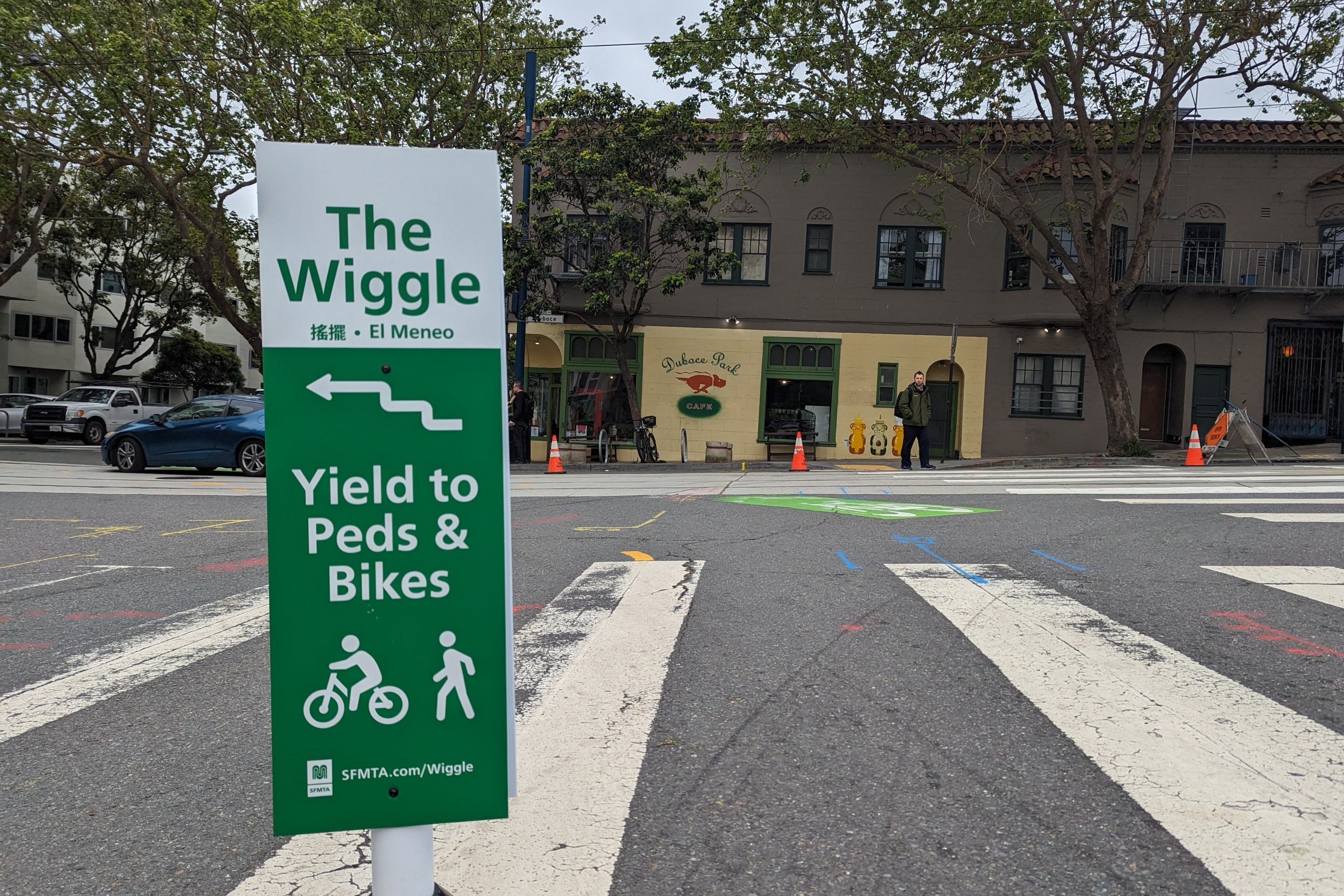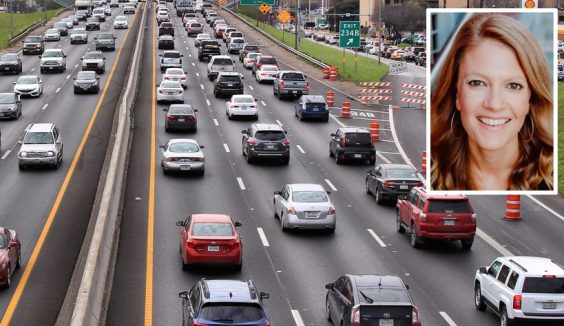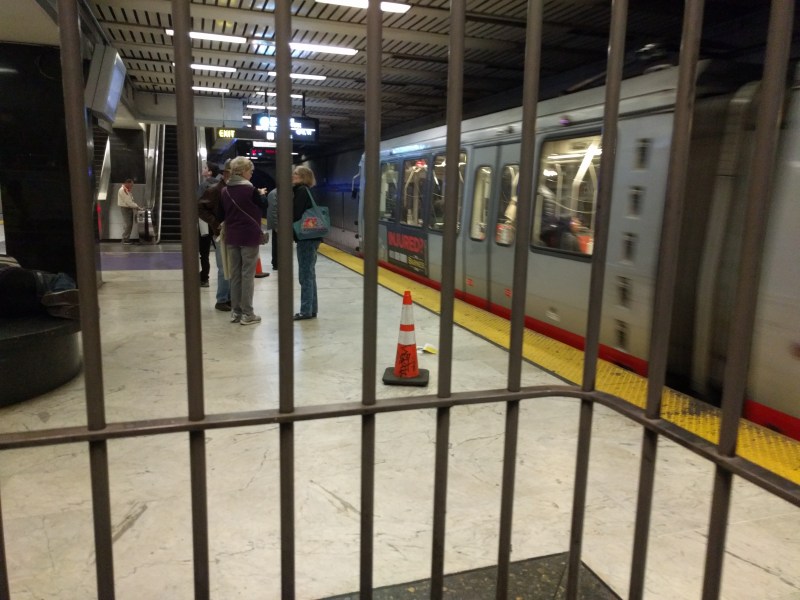Transportation's effects on public health are rarely discussed by policy-makers, but they remain very real -- and the National Research Council (NRC) put a number
on them today, reporting that cars and trucks have about $56 billion in
"hidden" health costs that are not reflected in the price of oil or
electricity.
In
its report today on the "unpriced consequences of energy production and
use," the NRC was acting under a congressional mandate to map the
health impacts of various energy sources. Climate change was not
factored into the NRC's conclusions, but the report nonetheless had a
grim tale to tell about transportation fuel consumption.
The
NRC found that the manufacture and burning of fuel for U.S. cars and
trucks produced $56 billion in external costs in 2005, the year that
the report was requested. That hidden cost averaged between 1.2 and 1.7
cents per vehicle mile traveled, depending on the type of fuel used.
In
discussing the relatively small difference between the external costs
of conventional gas-burning autos and the costs of hybrids or electric
vehicles, the NRC wrote:
Although operation ofthe [electric vehicles and grid-dependent hybrid vehicles] produces fewor no emissions, electricity production at present relies mainly onfossil fuels and, based on current emission control requirements,emissions from this stage of the life cycle are expected to still relyprimarily on those fuels by 2030, albeit at significantly loweremission rates.
In other words, hybrids and
electric vehicles are still likely to consume serious amounts of coal
-- at least until the nation adopts an effective renewable electricity standard.
The NRC notes that "further legislative and economic initiatives to
reduce emissions from the electricity grid could be expected to improve
the relative damages from electric vehicles substantially."
Given that cleaner electricity is a significant priority
for transit and freight rail as well, perhaps it's worth mentioning:
transportation reform is also electricity and energy reform.





